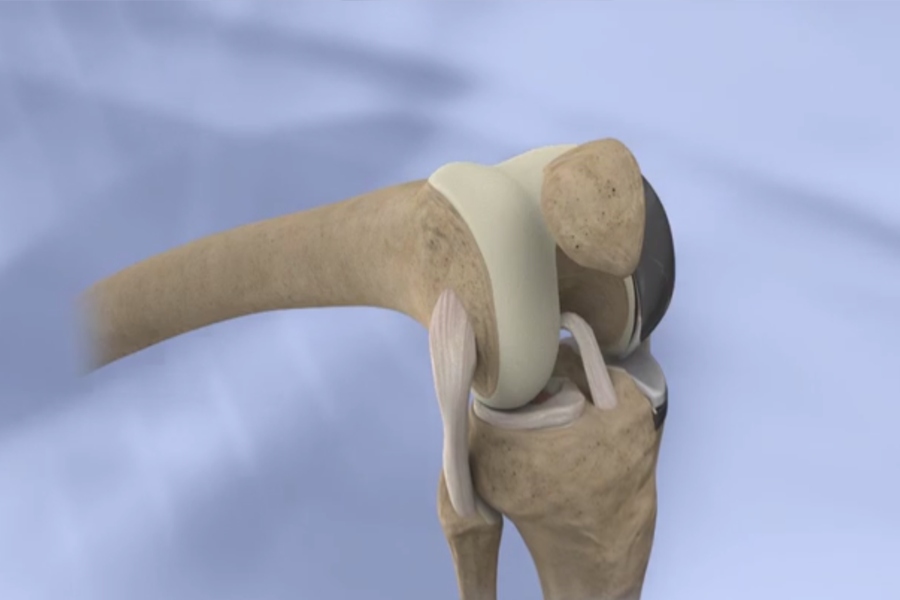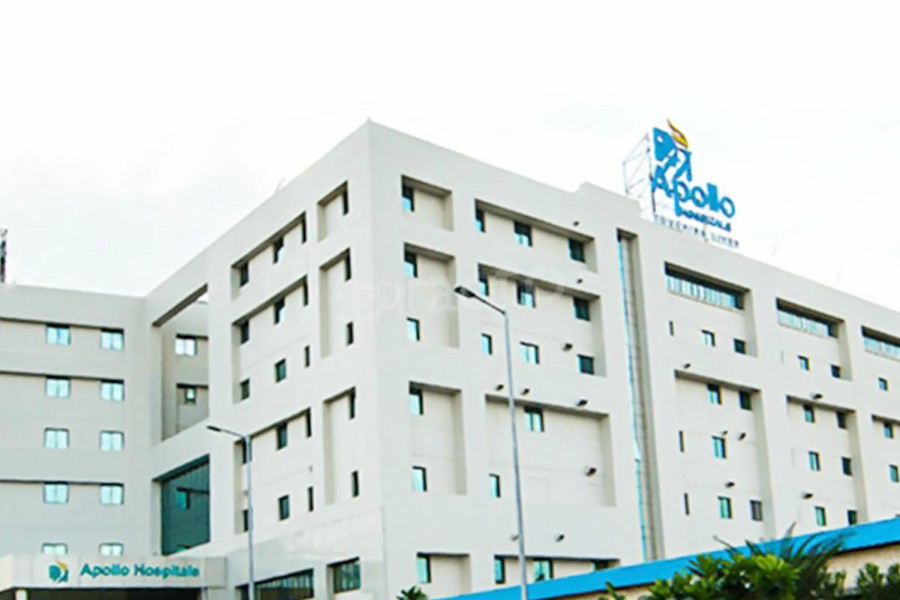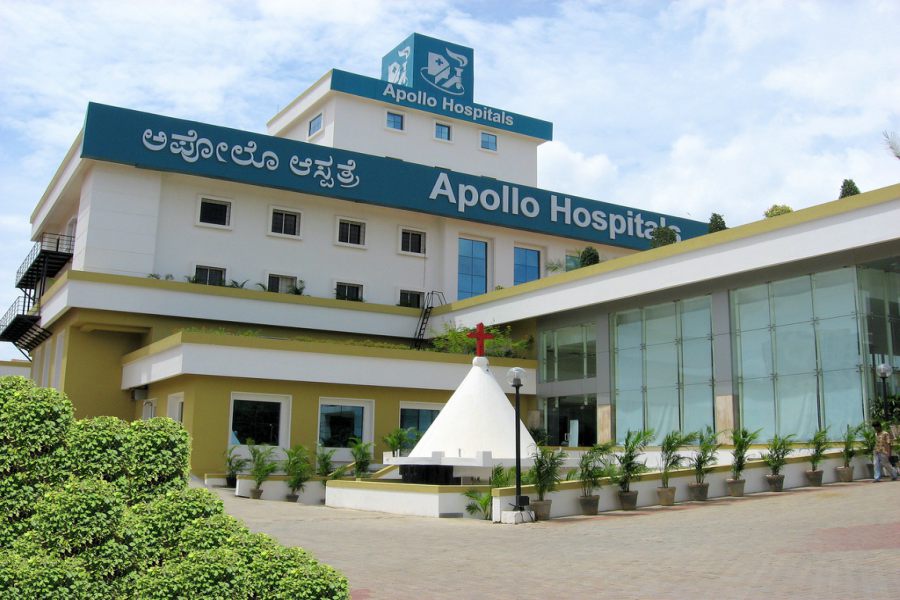
Are you unable to move like you used to? Do your knees hurt when you take stairs or just get out of a chair? You have tried everything from medicine to physiotherapy and home remedies, but nothing seems to work. If that’s the case, it could be a time for you to consider a knee replacement.
Overview
Partial knee replacement, also referred to as unicompartmental knee replacement is a surgical procedure to remove and replace only one compartment of the damaged knee joint. Replacement is done by using artificial joints, which are made of either metal alloys, high-grade plastics, or polymers. The main aim of this procedure is to reduce pain and restore mobility.
ELIGIBILITY
Both younger and older patients with knee osteoarthritis that is limited to only one compartment are considered as potential candidates for partial knee replacement. You may also be the right candidate if you experience severe knee pain despite taking regular medicines and maintaining healthy body weight.
PREPARATION BEFORE PROCEDURE
Initially, the surgical team will review your medical, medication, and social history. They will also brief you about the procedure, its benefits and risks. A physical examination is done to determine the location of the knee pain as well as the range of motion, stability, and strength. Certain tests, such as X-rays, magnetic resonance imaging (MRI) are done to determine the pattern of arthritis and structure of cartilage.
The following instructions may help in having an uneventful partial knee replacement surgery:
- Quit smoking
- Avoid alcohol consumption temporarily
- Avoid aspirin or any blood-thinning agents at least two weeks before surgery
- Notify your doctor regarding the use of current medications or vitamin supplements
- Inform the surgeon if you have a fever or any infection before the surgery
- No foods or drinks are to be taken 6 to 12 hours before the surgery
ABOUT PROCEDURE
The doctor will administer either general or local anaesthesia. Once the anaesthesia sets, your surgeon will make an incision at the front of your knee. The surgeon will now look at the complete joint. If he/she notices that the damage is in more than one compartment, then total knee replacement is done. If the damage is limited to only one compartment, then the surgeon will use a special saw to remove cartilage. The removed cartilage and bone is then replaced with the prosthesis and is fixed by using surgical cement. Next, the surgeon will close the incision and cover it with a sterile bandage.
POST-PROCEDURE CARE
The surgical nurse will monitor your blood pressure, heart rate, and other vitals in a recovery room. Pain and swelling at the surgical site are common for a few weeks after the surgery. This can be managed by taking the prescribed medicines. You can begin to put weight on the knee immediately after surgery. For a few days, you can use assistive devices, such as walkers, cane, or crutches while walking. During this period, you will meet a physiotherapist, who will teach you certain exercises to improve strength and motion. After six weeks, you would be able to resume regular activities.
RECOVERY TIPS
Follow the below-given tips for quicker healing:
- Have a healthy and well-balanced diet
- Exercise regularly as suggested by your doctor
- Take the prescribed medicines regularly
- Follow-up regularly to assess the progress
- Avoid lifting heavyweights
- Avoid high-impact exercises, such as jogging or running
FACTORS AFFECTING COST
The cost of partial knee replacement depends on the following factors:
- Type of hospital
- Location of the hospital
- Surgery, including operating room cost-per-hour, hospital stay
- Type of anaesthesia
- Surgeon’s fee based on the experience
- Current medications
- Follow-up visits
FAQ
People with the following conditions are not eligible for partial knee replacement:
- Inflammatory arthritis
- Ligament damage
- Significant knee stiffness
Depending on the condition and recovery, the doctor will decide the hospital stay of the patient. However, in most of the cases, the person may need to stay for one to two days in the hospital.
Like all the surgeries, partial knee replacement also has certain risks, such as:
- Infection at the surgical site
- Stiffness of the knee joint
- Blood clots
- Buildup of fluid in the knee joint
- Continued pain due to dislocation or loosening of the implant
A partial knee replacement usually lasts between one to two hours.
Partial knee replacement is associated with the following benefits:
- Smaller incision
- Less blood loss
- Quicker recovery


 Best Hospitals
Best Hospitals













